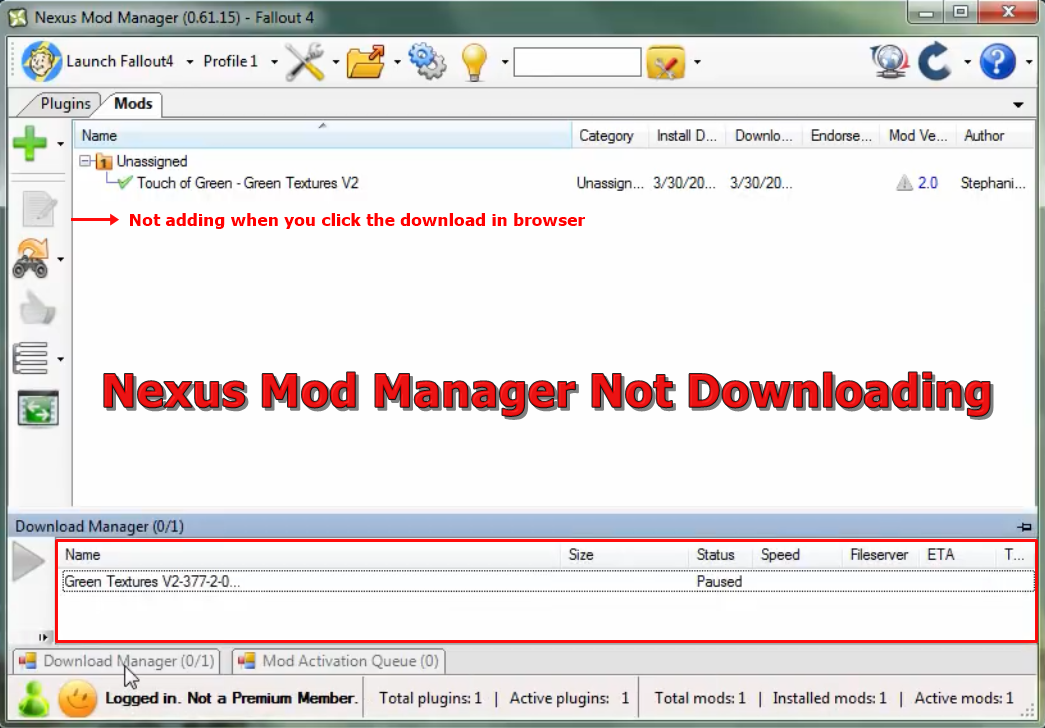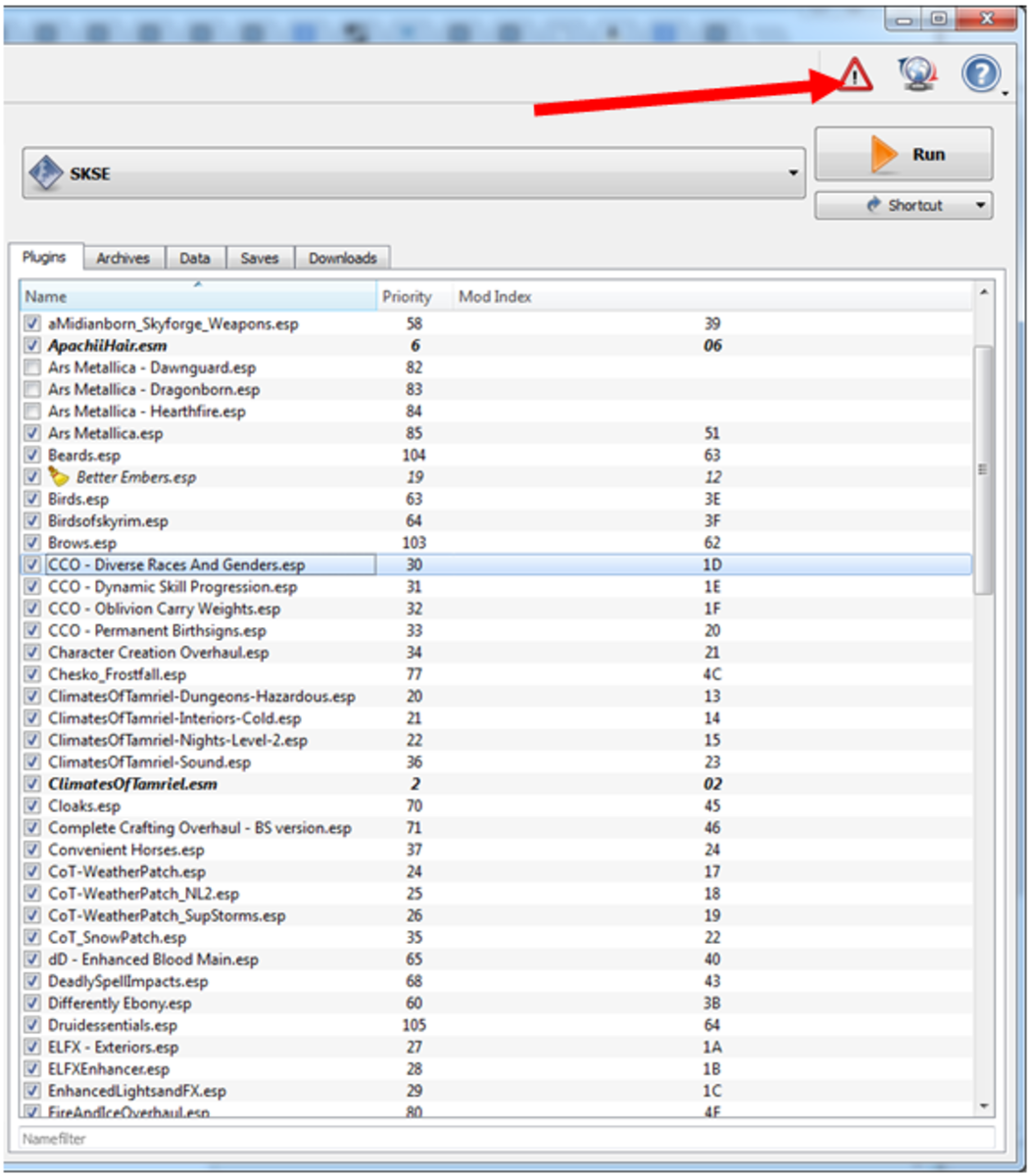
If a server is configured to support server-side scripting, the list will usually include entries allowing dynamic content to be used as the index page (e.g. When an HTTP client (generally a web browser) requests a URL that points to a directory structure instead of an actual web page within the directory structure, the web server will generally serve a default page, which is often referred to as a main or "index" page.Ī common filename for such a page is index.html, but most modern HTTP servers offer a configurable list of filenames that the server can use as an index. Here the website's home page offers many different languages. This is the code of lua 5.3.The index of Wikipedia, a multilingual online encyclopedia. They mostly handle addresses.Īnd the Lua. Why most languages use 0-based index? Because the compiler code with offset definition is more convenient and effective.

In Lua array, it means: the n-th item in array. In C array, it means: item address offset of the array address. The specific definitions of array index in C and Lua, are different. Ultimately, the authors wanted something that worked for them and I'll admit I don't know what their original goal was, but it's probably changed since then. There's also Lua's for i = 1,#t construct, which I believe falls under the same category as the previous point that "1 to the length" can be more sensible than indexing "0 to the length minus 1".īut, if you can't break the mindset of 0-based indexing, then Lua's 1-based indexing can certainly be more of a hindrance.

To someone who hasn't already been exposed to 0-based indexing, #t+1 would be more intuitive to move past the end of a list. Namely, the # (length) operator: t access the last (numeric) index of the table, and t accesses 1 past the last index. Later on, in the chapter on data structures, they say almost the same thing again: that Lua's built-in facilities assume 1-based indexing.Īnyway, there are a couple conveniences to using 1-based indexing. However, it is customary in Lua to start arrays with 1 (and not with 0, as in C) and several facilities stick to this convention. Since you can index a table with any value, you can start the indices of an array with any number that pleases you.

In Programming in Lua's first discussion of tables, they mention:


 0 kommentar(er)
0 kommentar(er)
